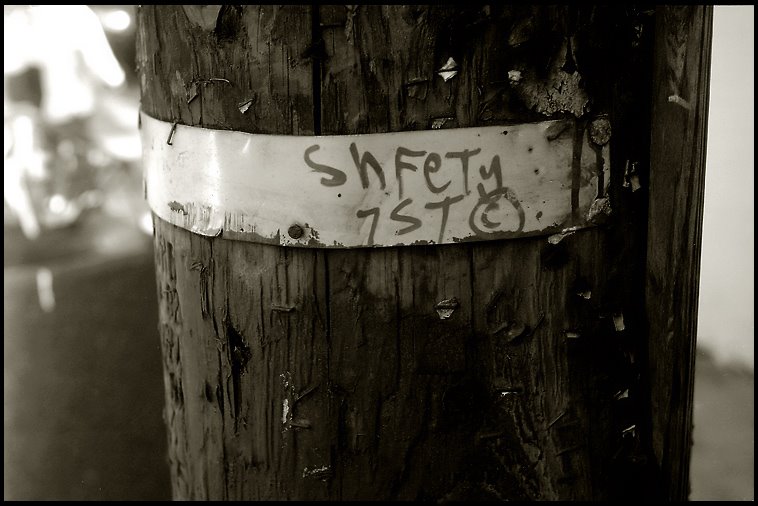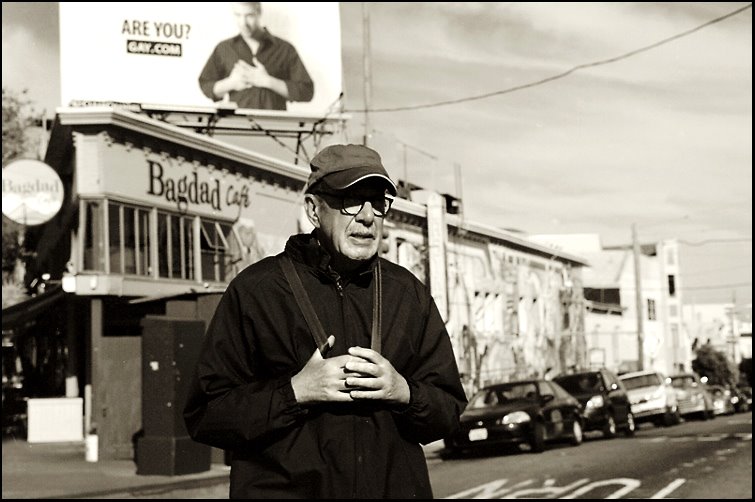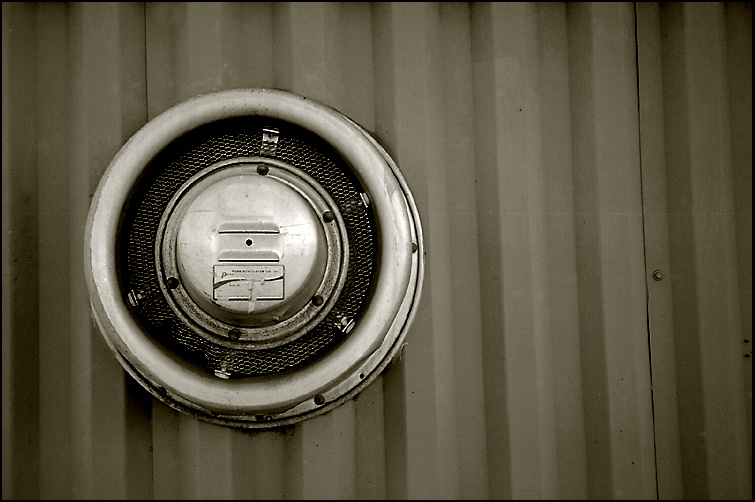ClaremontPhoto
Jon Claremont
Has anybody got any tips about this film?
Joe Brugger said:Here's what Fuji says about it. As I remember, the film base in neutral, certainly not orange. It's nice film; I just can't walk into a store in the USofA and buy it.
http://www.fujifilm.co.uk/film/films/blackwhite_neopan400cn.html
Burkey said:I've had excellent results with Kodak 400CN but realize that the particular lab processing the film also makes a big difference.
kaiyen said:Yeah, it's the stuff _after_ the processing that is the problem.
So is the theory that it's made by Ilford, with a different emulsion than XP2? If not, then how can it be sharper or in any way different than XP2?
allan
Russ said:Kaiyen
I It's made by Ilford, per Fuji specs. I use it quite a bit. Here's a scan I made from a photo mag on it.
Russ





I'm of the same opinion about this film and its use as Alan, except that a well-connected source told me it's essentially identical to XP-2 Super, and that fits my observations as well. I ordered-in some from Robert White and used it. Here are some samples... (Contax G2, 35mm f/2.0 Zeiss Planar with Contax UV filter & GG-2 hood.)kaiyen said:I think it's the Kodak stock, just rebadged. Wide latitude if you're willing to put up with some compromises. Best results are _usually_ shot at 200-250, perhaps with a yellow filter (now you're at 100-125). This will give you the shadow detail and, with the yellow filter, the contrast that you're likely after. However, there is nothing wrong with shooting it at 400, just that you might get some noise in the shadows.
alan

